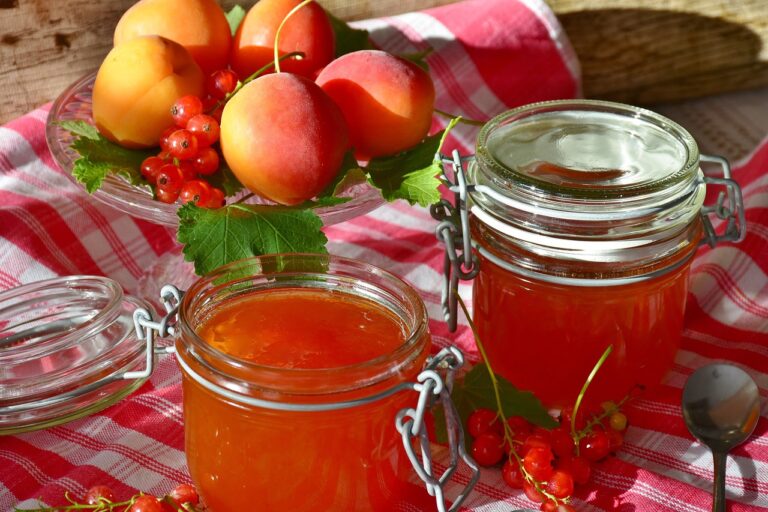The Art of Homebrew Recipe Development
all panel mahadev, mahadev book login, allpanel login:The art of homebrew recipe development is a passion project for many beer enthusiasts. Creating your own unique brew can be a rewarding and satisfying experience, but it also requires a good dose of creativity, experimentation, and patience. In this comprehensive guide, we will delve into the world of homebrewing and explore the process of developing your own original recipes.
Understanding the Basics
Before you dive into creating your own homebrew recipes, it’s essential to have a solid understanding of the basics of brewing beer. Familiarize yourself with the different styles of beer, the ingredients used in brewing, and the brewing process itself. This knowledge will serve as the foundation for creating successful recipes.
Experiment with Existing Recipes
One of the best ways to start developing your own recipes is by experimenting with existing ones. Try brewing a variety of beers from different styles and tweak the recipes to suit your taste preferences. Take note of the changes you make and how they impact the final product. This hands-on experience will help you develop a sense of how different ingredients interact and influence the flavor of the beer.
Get to Know Your Ingredients
To create truly unique and flavorful homebrew recipes, you’ll need to become familiar with the different ingredients used in brewing. Experiment with a variety of malts, hops, yeast strains, and adjuncts to understand their individual characteristics and how they contribute to the overall profile of a beer. The more you know about your ingredients, the more creative and innovative you can be with your recipes.
Consider the Water
Water is a crucial element in brewing beer, as it can greatly impact the final flavor of the brew. Different regions have different water profiles, which can influence the taste and quality of the beer. Consider testing and adjusting your water to achieve the desired characteristics for your recipe. You may need to treat your water to mimic the mineral content of a specific region or style of beer.
Keep Detailed Records
When developing homebrew recipes, it’s crucial to keep detailed records of each batch you brew. Note down the ingredients used, the brewing process, fermentation conditions, and any other variables that may affect the final outcome. By keeping accurate records, you can track your progress, learn from your mistakes, and refine your recipes over time.
Experiment and Iterate
The key to successful homebrew recipe development is to experiment, iterate, and refine your recipes continuously. Don’t be afraid to try new ingredients, techniques, or flavor combinations. Be open to feedback from others, and use it to improve and evolve your recipes. Remember that brewing is a creative process, and there is always room for innovation and exploration.
Share and Seek Feedback
Once you’ve developed a recipe that you’re proud of, don’t be afraid to share it with others and seek feedback. Join a homebrewing club, participate in competitions, or simply share your brews with friends and family. Hearing different perspectives and constructive criticism can help you refine your recipes and grow as a brewer.
FAQs
Q: Can I use a software program to help me develop homebrew recipes?
A: Yes, there are several software programs available that can help you create and refine your homebrew recipes. These programs allow you to input your ingredients and desired parameters, and they will calculate the estimated final outcome of your brew.
Q: How can I scale my homebrew recipes for different batch sizes?
A: Scaling your homebrew recipes for different batch sizes is relatively straightforward. Simply adjust the quantities of your ingredients proportionally based on the desired batch size. Most homebrewing software programs have a feature that allows you to scale recipes automatically.
Q: What should I do if my homebrew recipe doesn’t turn out as expected?
A: If your homebrew recipe doesn’t turn out as expected, don’t be discouraged. Take the opportunity to evaluate what went wrong and learn from the experience. Make adjustments to your recipe based on your observations, and try brewing it again. Homebrewing is a learning process, and even mistakes can help you grow as a brewer.
In conclusion, developing your own homebrew recipes is a creative and fulfilling endeavor that can lead to unique and delicious brews. By understanding the basics of brewing, experimenting with different ingredients, and constantly iterating and refining your recipes, you can create beers that are truly one-of-a-kind. So roll up your sleeves, grab your brewing equipment, and start crafting your own masterpiece. Cheers!







